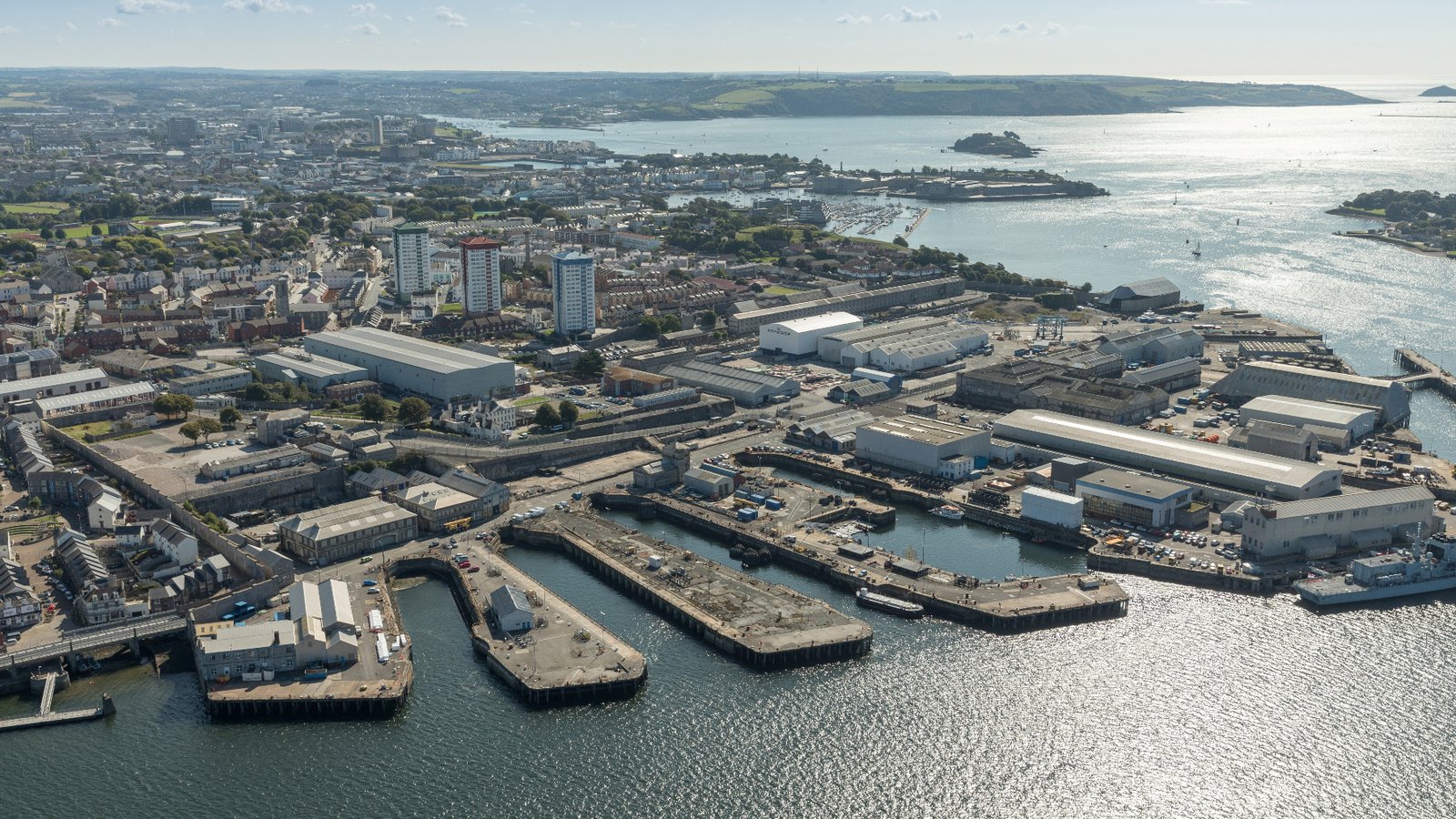News: Smart Sound Plymouth to support next generation of marine technologies

The Marine Business Technology Centre (MBTC) has officially launched Smart Sound Plymouth, a proving area for designing, testing and developing cutting edge products and services for the advanced marine sector.
Using the facilities and expertise available within the MBTC, Smart Sound Plymouth is the first of its kind in the country with a wealth of assets to offer businesses.
The MBTC is a partnership between Plymouth City Council, Plymouth Marine Laboratory, the University of Plymouth, the University of Exeter and the Marine Biological Association. Together, these organisations boast considerable knowledge and expertise in the areas of advanced marine autonomy, alternative propulsion, environmental monitoring, advanced materials and cyber security.
Councillor Tudor Evans, Leader of Plymouth City Council, said: “The unveiling of Smart Sound Plymouth represents a hugely significant step in making Plymouth and the surrounding area the UK’s centre for the development, testing and proving of cutting edge marine technologies.
“With the MBTC based in our new Oceansgate development, the UK’s first marine enterprise zone, Smart Sound Plymouth will be a unique selling point for the city and is going to be crucial for growing our marine sector.”
Harry Theochari, Chair of Maritime UK, said: “The creation of the Smart Sound facility in Plymouth is a significant step towards creating the cutting-edge test facilities required by the world-leading maritime autonomy community based on the South Coast. It also delivers directly against some of the key technology recommendations within Maritime 2050 and will help ensure our maritime success is driven by all parts of the UK.”
Covering over 1,000km2 of ocean off Plymouth Sound, the proving area’s impressive variety of water depth, sea states and weather conditions is ideally suited for conducting sea trials, including sub-sea tests with access to offshore water depths of 75m.
Through the MBTC, access to Smart Sound Plymouth is free for eligible businesses and comprises a number of physical assets to aid technological development. These will include:
- An unmanned surface vessel operated by the University of Plymouth
- Fully instrumented data buoys that form part of the Western Channel Observatory operated by Plymouth Marine Laboratory
- The Continuous Plankton Recorder run by the Marine Biological Association
- A fleet of support vessels to facilitate trials.
Smart Sound Plymouth is ideally suited for building and supporting the next generation of marine technologies, and will provide access to a professional team.
Professor Stephen de Mora, Chief Executive of Plymouth Marine Laboratory, said: “Benefiting from a local partnership of world class organisations, Smart Sound Plymouth, as the best understood and instrumented coastal marine environment in the United Kingdom, provides an excellent opportunity to develop and trial marine innovation.”
The MBTC is designed for Devon-based marine businesses to help develop the next generation of technology. The centre has received £2.6 million from the European Regional Development Fund alongside contributions from all the partners, bringing the total investment to £4.5 million.
Notes to Editor
European Regional Development Fund
The project has received £2.6 million of funding from the England European Regional Development Fund as part of the European Structural and Investment Funds Growth Programme 2014-2020. The Ministry of Housing, Communities and Local Government (and in London the intermediate body Greater London Authority) is the Managing Authority for European Regional Development Fund.
Established by the European Union, the European Regional Development Fund helps local areas stimulate their economic development by investing in projects which will support innovation, businesses, create jobs and local community regenerations. For more information visit https://www.gov.uk/european-growth-funding.
